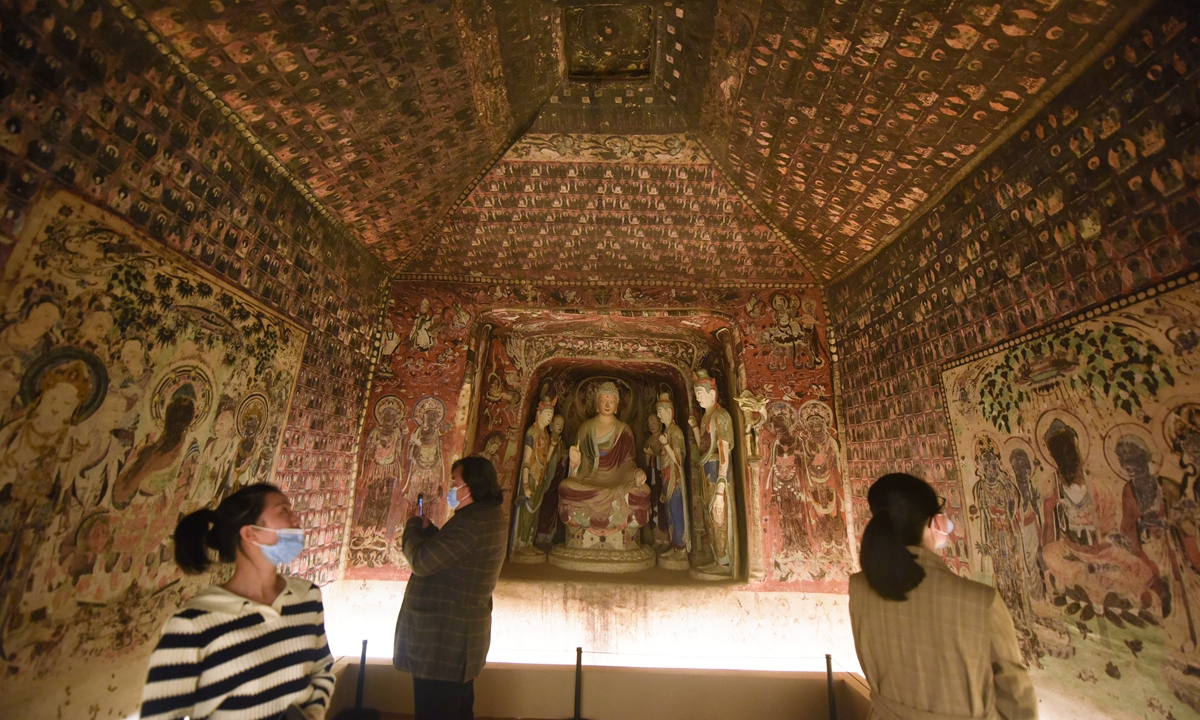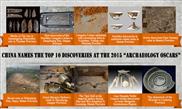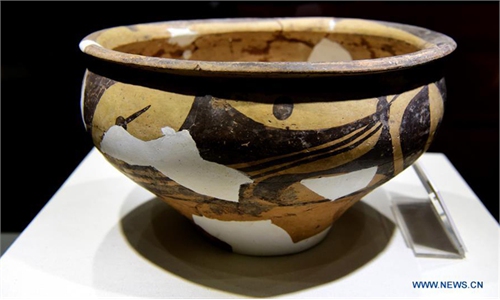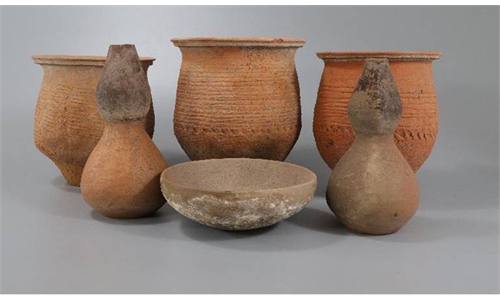ARTS / CULTURE & LEISURE
New archaeological discoveries to unravel mystery of ancient kingdom

Visitors look at a replica of a cave in the Dunhuang Mogao Grottoes reproduced with 3D digital printing technology at the Zhejiang University Museum of Art and Archaeology in Hangzhou, East China's Zhejiang Province, on November 2, 2021. Photo: VCG
Chinese archaeologists have recently unearthed a significant number of artifacts dating back to the Western Zhou Dynasty (1046BC-771BC) at a relic site in Beijing, which is expected to unravel the mystery of the ancient Yan Kingdom.
An excavation drive at the Liulihe site in the southwest Fangshan district was launched in 2019, with experts from eight institutions including Peking University and the Chinese Academy of Social Sciences taking part in the excavation.
The Liulihe relic site was believed to be the capital of the Yan Kingdom during the Western Zhou Dynasty. The site contains the rammed earth city walls, remains and burial areas.
A history of more than 3,000 years makes the site the earliest traceable source of urban civilization in Beijing.
From October to December of 2021, five ancient tombs, three housing sites, a ring trench and more than 100 cultural relics including bronzewares, lacquerwares, pottery, seashells, ivory objects and silks were excavated from the site.
A bronze wine vessel was also found in one of the tombs, and archaeologists believe that the inscriptions on the vessel are a written testimonial of Beijing's construction history of more than 3,000 years.
Content on the bronze vessel is different from inscriptions on other artifacts unearthed from the site earlier in the 1980s, but they are complementary to each other, said the Beijing Municipal Cultural Heritage Bureau, adding that these are valuable historical materials for studying the early history of the Yan Kingdom.
Previous excavation attempt on the Liulihe site was suspended four decades ago due to the rising underground water level, said Guo Jingning, an official with the bureau.
"The latest excavation offers crucial information to conduct studies on the ritual, feudal systems, burial customs and city planning during the Western Zhou Dynasty," explained Chen Mingjie, director of the bureau.




